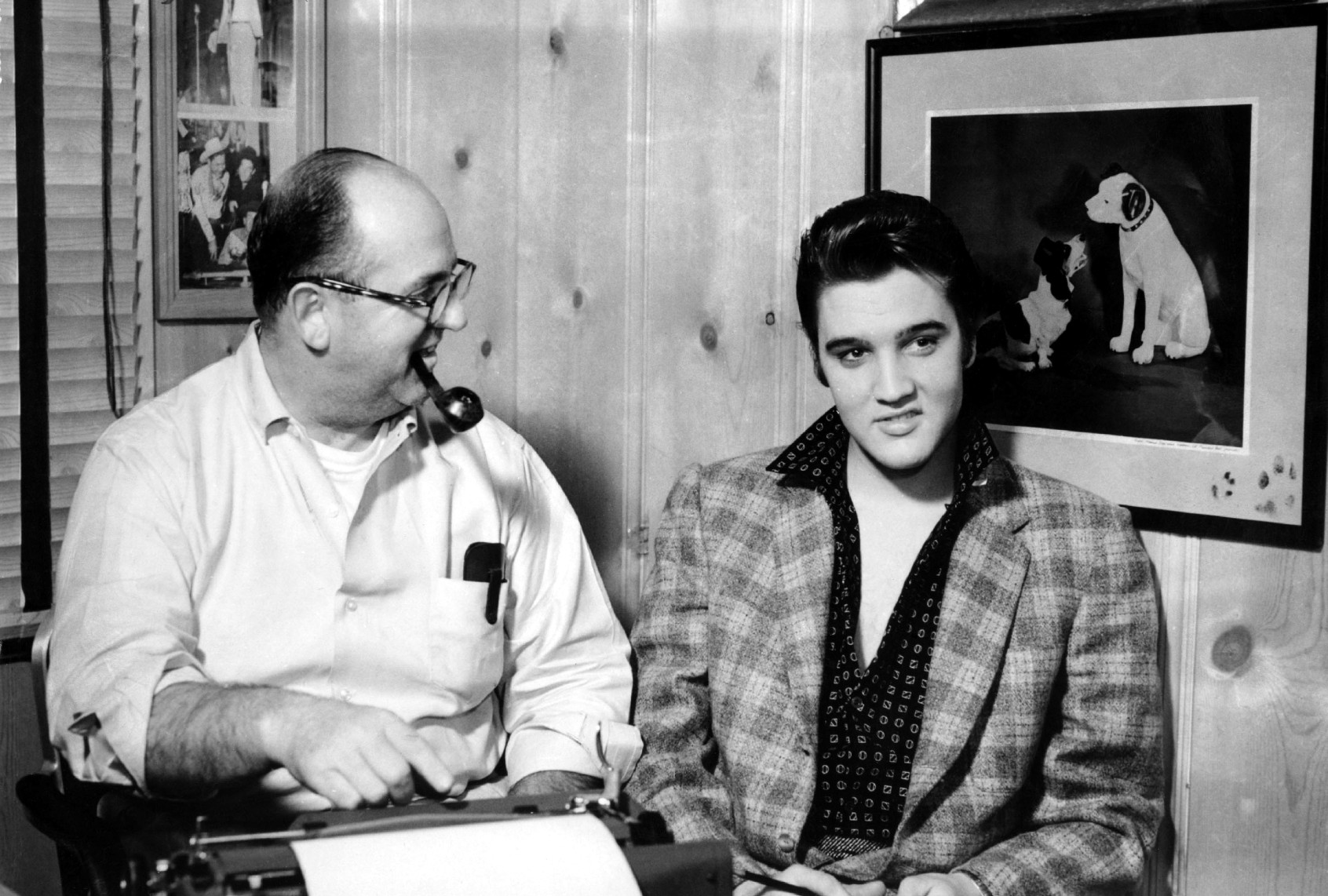Peter Guralnick’s “The Colonel and the King: Tom Parker, Elvis Presley, and the Partnership That Rocked the World” is this year’s must-read rock ‘n’ roll biography, taking a close look at how Parker, a towering figure and pioneering businessman, piloted Elvis’ career from journeyman performer into superstardom.
“The Colonel and the King” offers a powerful addendum to Guralnick’s “Last Train to Memphis: The Rise of Elvis Presley” (1994) and “Careless Love: The Unmaking of Elvis Presley” (1999), the author’s acclaimed two-part biography. Working at the behest of Loanne Miller, the Colonel’s widow, Guralnick had originally planned to publish a selection of the manager’s letters. But as he got to know Miller, Guralnick began to discover a very different version of the Colonel, a multifaceted persona comprised of layers as opposed to mere caricature.
As Guralnick explained to me during a recent conversation, “I originally pictured him as this lovable rogue, this rapscallion.” But the Colonel who came to light through Guralnick’s latter-day research defied such easy characterization. Born in 1909 in the Netherlands as Andreas Cornelis van Kuijk, the Colonel cut his teeth as a junior promoter while working in his uncle’s traveling circus, a fitting milieu for the man who would later take rock music’s Big Top by storm.
After illegally emigrating to the United States as a shipboard stowaway, the Colonel adopted the name Tom Parker, eventually finding work as a promoter with a traveling carnival. While much of his background was a sham — even his beloved designation as Colonel was honorary rather than being earned — he made his name as a promoter by launching the careers of Hank Snow and Eddy Arnold. When he finally laid eyes on Elvis at the Louisiana Hayride in the summer of 1955, the Colonel was ready for the big time.
In his revised portrait of the Colonel, Guralnick has developed, in his own words, “a very different, much deeper, and more nuanced” version of Parker. While popular sentiment has defined the Colonel as a conman who manipulated and exploited Presley, Guralnick has discovered another personality at the heart of the King’s success. Rather than taking advantage of his client, the Colonel bowed to the King’s will, supporting his artistic interests and siding with him when it came to staging his late-1960s comeback.
Start your day with essential news from Salon.
Sign up for our free morning newsletter, Crash Course.
As Guralnick’s biography demonstrates, the Colonel and the King’s ambitions were fully aligned. In one of the book’s most powerful sections, Guralnick traces the fallout from Elvis’ 1968 Las Vegas comeback performances. For his part, the King emerged from the experience with a raging prescription drug addiction that would plague the remainder of his short life. Meanwhile, the Colonel developed a rampant gambling addiction that saw him losing princely sums at the gaming tables. By the time of Elvis’ death in 1977, both men were spiraling out of control.
As Guralnick demonstrates, for all of his personal failings, the Colonel was devoted to Presley, placing the musician’s ambitions well above his own across the life of their relationship. Indeed, to the author’s great credit, “The Colonel and the King” finds new levels of poignancy in their extraordinary, genre-eclipsing association.

